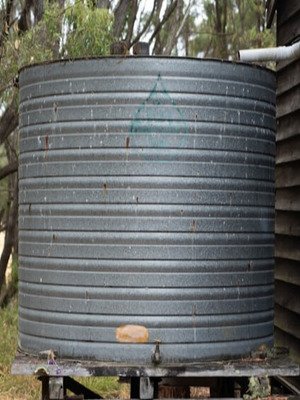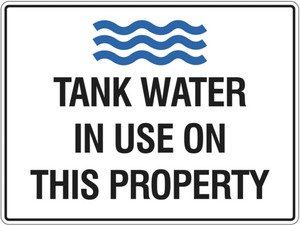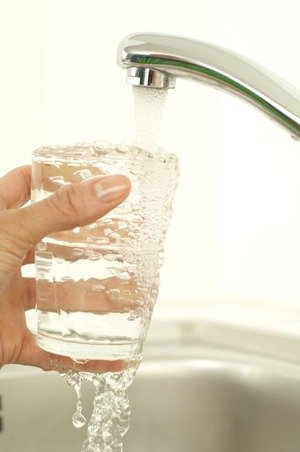Services We Offer
We offer a range of services to improve your drinking water, from water tank cleaning to rainwater catchment design and quality assurance programs.
Rainwater Harvesting Systems Design
Rainwater harvesting design is vital for ensuring safe access to drinking water and minimising health hazards associated with contaminated water sources.

The Design Process
The design process for rainwater harvesting typically begins with an assessment of the catchment area, which is where rainwater is collected. This involves evaluating the roof’s materials, slope, and size. Next, the design includes the selection of appropriate storage tanks that are large enough to meet daily water needs, while also incorporating filters and purification methods to ensure water quality. Each component must be carefully considered to create a system that effectively collects and treats rainwater.
Redesigning Existing Systems
For those with existing systems, the redesign process can maximise water collection efficiency and improve safety. Evaluating the current system for leaks or contamination sources is essential. Upgrading to higher-quality storage tanks and adding first-flush diverters can significantly enhance the quality of the rainwater collected. Regular maintenance and inspections are vital to ensure the system continues to function correctly and provides safe drinking water.
Should I install a filter?
Rainwater can be contaminated by various pollutants as it travels from rooftops to storage tanks. These contaminants can include debris, bird droppings, and other organic matter. A well designed rainwater harvesting system can significantly reduce these potential contaminates. Installing a water filter on your rainwater tank can improve the safety and quality of your drinking water. In addition, the reduced sediment will also increase the life of taps, cisterns and appliances in the home that use rainwater.
Quality Assurance Programs
Our Quality Assurance Programs (QAP) comply with the NSW Health Public Health Regulation and are tailored to your property. Ready for you to implement and submit to the local Public Health Unit.

Who is Required to Submit a QAP?
In NSW, all private drinking water suppliers are mandated to submit a QAP. This requirement is in place to enhance the safety and reliability of drinking water supplied to the community. This includes guest houses, camping grounds, community halls, schools, cafes/restaurants and many other businesses (visit NSW Private Water Supply Guidelines to see the full list).
What is a Quality Assurance Program (QAP)?
A Quality Assurance Program (QAP) is a structured plan designed to ensure that the supply of drinking water meets safety and quality standards. This program is essential for maintaining public health and safety, particularly for private drinking water suppliers in New South Wales (NSW). A well-implemented QAP focuses on identifying risk factors, establishing strict monitoring processes, and integrating effective management practices.
The Importance of QAP in Drinking Water Supply
The significance of having a QAP cannot be overstated. It serves not only to safeguard public health but also to foster trust among consumers. With increasing scrutiny on water quality, a robust QAP demonstrates a supplier’s commitment to delivering safe drinking water. Furthermore, it allows for continuous improvement of water management practices, thereby minimising risks associated with waterborne diseases.


